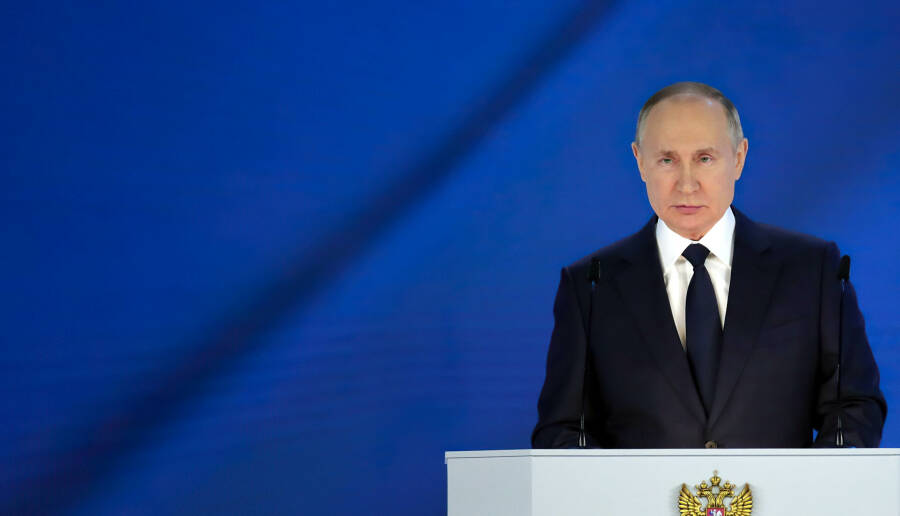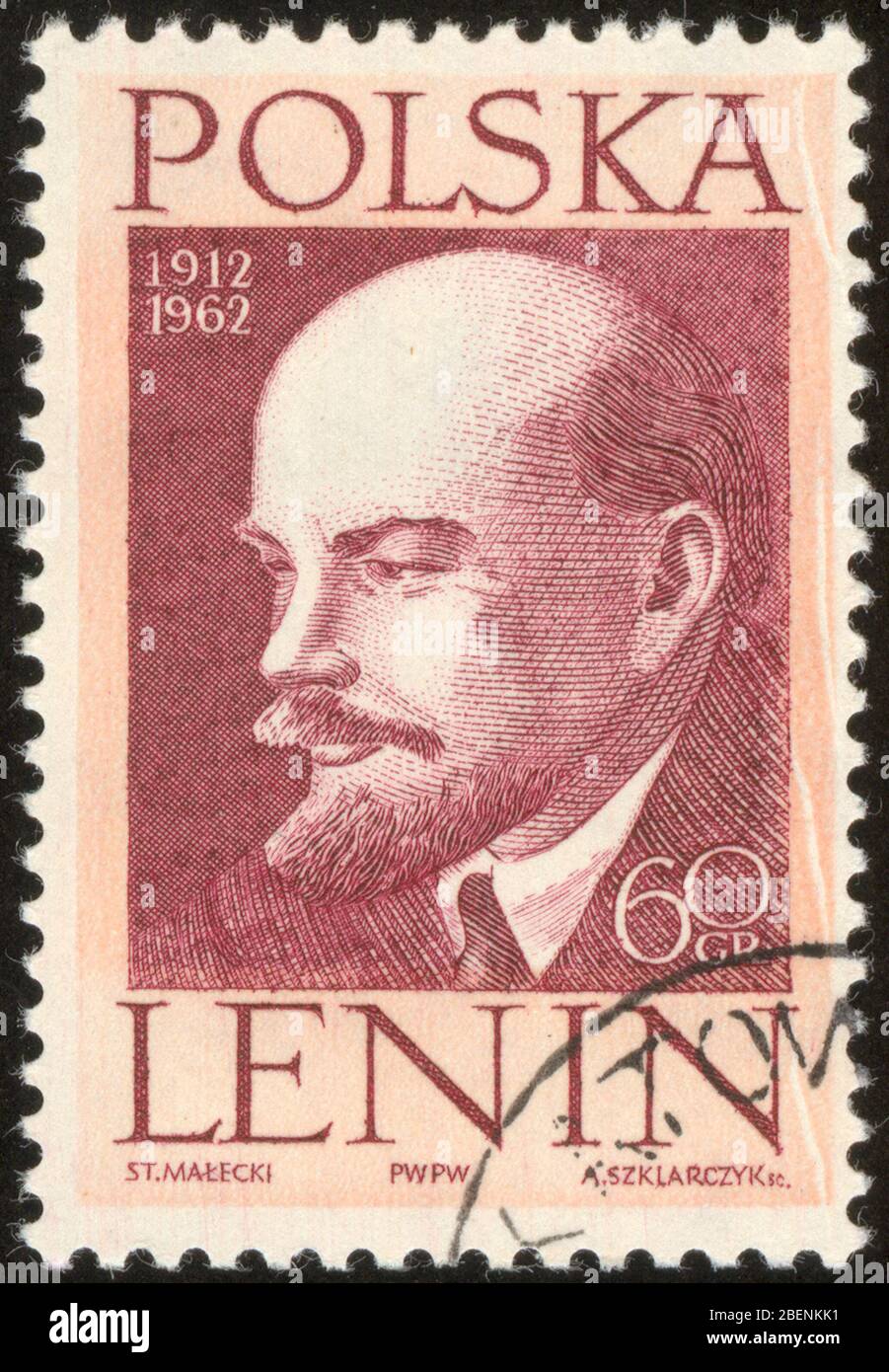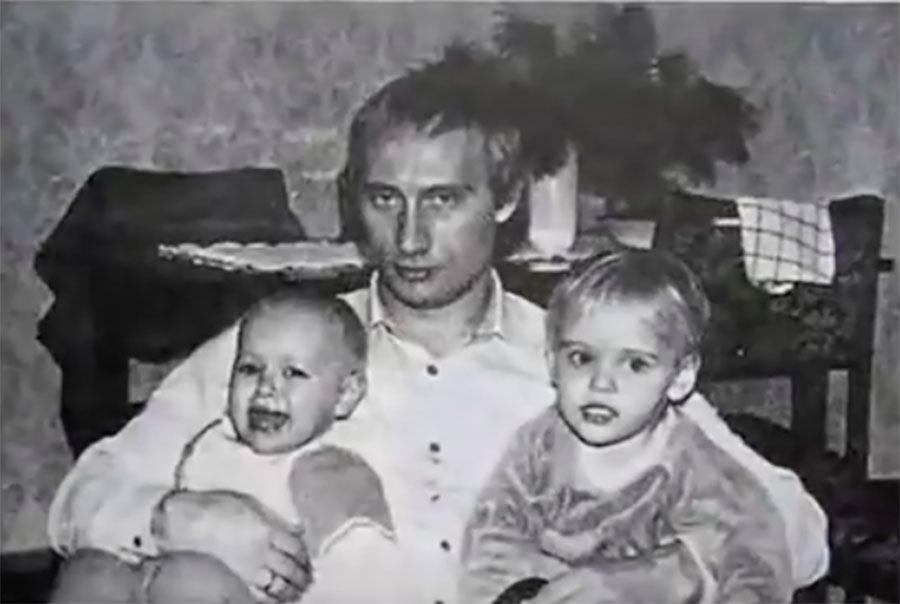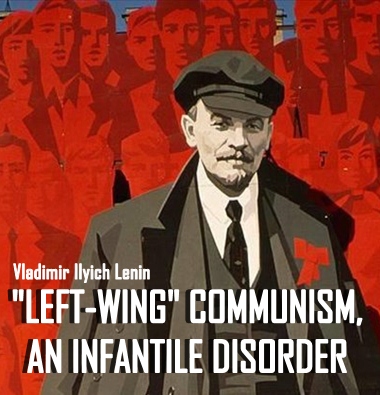5 Facts Vladimir Ilyich

Introduction to Vladimir Ilyich Lenin

Vladimir Ilyich Lenin, born on April 22, 1870, was a Russian revolutionary, politician, and political theorist. He played a significant role in the development of communism and was the founder of the Soviet Union. Lenin’s life and ideas continue to be studied and debated by scholars and politicians around the world. In this article, we will explore five key facts about Vladimir Ilyich Lenin’s life and legacy.
Early Life and Education

Lenin was born in Simbirsk, Russia, to a middle-class family. His father, Ilya Ulyanov, was a schools inspector, and his mother, Maria Ulyanova, was a homemaker. Lenin’s early life was marked by tragedy when his father died of a brain hemorrhage in 1886. This event had a profound impact on Lenin’s life and shaped his future. He attended the University of Kazan, where he became involved in revolutionary activities and was eventually expelled for his participation in student protests.
Rise to Prominence

Lenin’s involvement in revolutionary activities continued to grow, and he became a key figure in the Russian Social Democratic Labor Party (RSDLP). In 1903, the party split into two factions: the Bolsheviks, led by Lenin, and the Mensheviks. The Bolsheviks believed in a more radical approach to revolution, while the Mensheviks advocated for a more gradual approach. Lenin’s leadership and ideas gained popularity, and he became a prominent figure in the Russian revolutionary movement.
The Russian Revolution

In 1917, Russia was plagued by economic hardship, food shortages, and war. The Russian people were dissatisfied with the government, and the stage was set for revolution. In February 1917, a revolution broke out in Petrograd, and the provisional government was established. However, this government was weak and ineffective, and the Bolsheviks saw an opportunity to seize power. In October 1917, the Bolsheviks, led by Lenin, staged a successful revolution, and Lenin became the leader of the Soviet Union.
Leadership and Legacy

As the leader of the Soviet Union, Lenin implemented a series of radical policies, including the nationalization of industry, the redistribution of land, and the establishment of a planned economy. He also established the Cheka, a secret police force that was responsible for suppressing opposition to the government. Lenin’s leadership was marked by controversy, and his policies had a significant impact on the Soviet Union and the world. Despite his flaws, Lenin remains a significant figure in modern history, and his ideas continue to influence politics and economics around the world.
Death and Remembrance

Lenin died on January 21, 1924, after a series of strokes. His death was mourned by millions of people around the world, and he was remembered as a champion of the working class and a hero of the revolution. Lenin’s body was embalmed and placed on display in a mausoleum in Red Square, where it remains to this day. His legacy continues to be debated, and his ideas remain a significant influence on modern politics and economics.
💡 Note: Lenin's life and legacy are complex and multifaceted, and this article provides only a brief overview of his key achievements and ideas.
In summary, Vladimir Ilyich Lenin was a significant figure in modern history, and his ideas and legacy continue to shape politics and economics around the world. From his early life and education to his rise to prominence and leadership of the Soviet Union, Lenin’s story is a fascinating and complex one. His impact on the world cannot be overstated, and his ideas remain a significant influence on modern politics and economics.
What was Lenin’s role in the Russian Revolution?

+
Lenin was the leader of the Bolsheviks and played a key role in the Russian Revolution. He returned to Russia in 1917 and led the Bolsheviks in the October Revolution, which overthrew the provisional government and established the Soviet Union.
What were Lenin’s key policies as leader of the Soviet Union?

+
Lenin’s key policies included the nationalization of industry, the redistribution of land, and the establishment of a planned economy. He also established the Cheka, a secret police force that was responsible for suppressing opposition to the government.
How did Lenin’s legacy impact the Soviet Union and the world?

+
Lenin’s legacy had a significant impact on the Soviet Union and the world. His policies and ideas shaped the development of communism and socialism, and his influence can still be seen in modern politics and economics. The Soviet Union became a major world power under Lenin’s leadership, and his ideas continue to influence politics and economics around the world.



